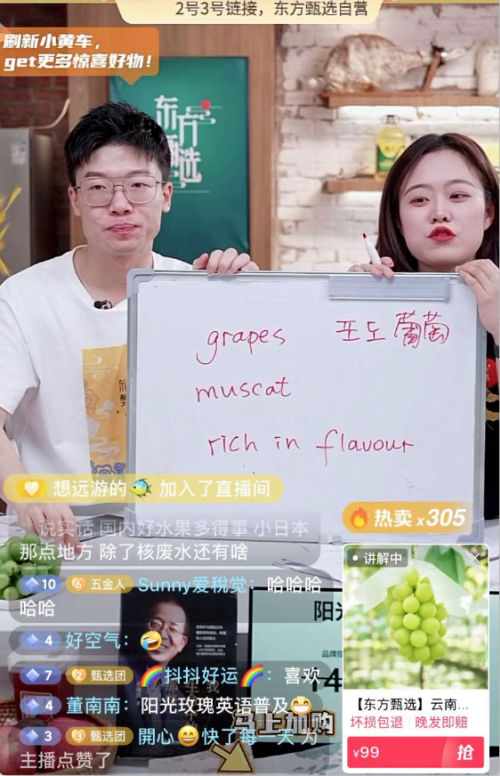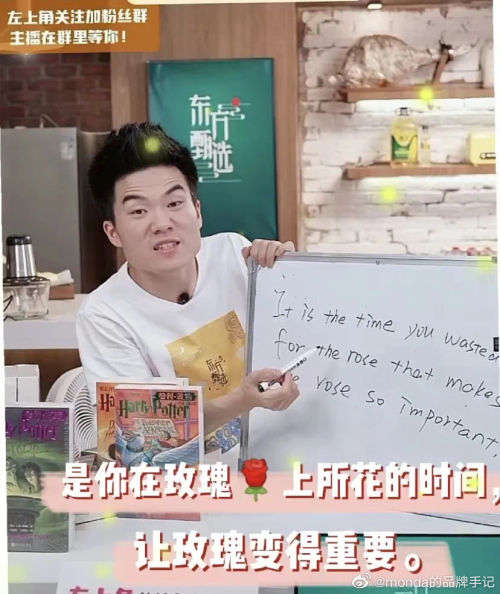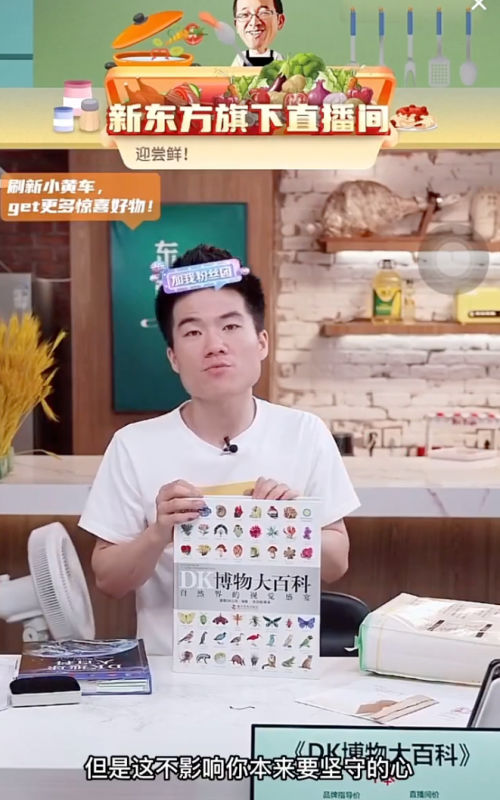🔥 Quick Take: Trending in China – Week 20
This is a brief update from our curated roundup of what’s trending in China this week. A version of this story also appears in the Weibo Watch newsletter. Subscribe to stay in the loop.
What’s in your water? Would a water by any other name taste as good? That’s the main gist of the topic that’s been trending these days after Chinese consumers found out the Wahaha water they purchased was actually produced by Jinmailang, calling it an ‘OEM controversy’ (OEM stands for Original Equipment Manufacturer).
Wahaha Group (娃哈哈集团) is one of the largest food and beverage producers in China. The brand is a beloved one—last year in March, when its founder and chairman Zong Qinghou (宗庆后) passed away, people collectively began buying Wahaha water to show sympathy for the brand and for Zong, who was seen as a patriotic and humble businessman.

Big bottle of Wahaha (meaning “laughing child”) water.
In fact, that movement to pay tribute to Wahaha got a bit out of hand and turned into a grassroots campaign to boycott another water brand: Nongfu Spring, a competitor whose founder, Chinese entrepreneur Zhong Shanshan (钟睒睒), was not considered as patriotic (read more here).
Now, a different kind of ‘controversy’ is unfolding around China’s famous bottled water brand, directly related to last year’s sales boom. Chinese netizens have posted videos and images claiming that the Wahaha purified water they bought was actually produced by Jinmailang (今麦郎)—as stated on the label.

Wahaha water, produced by Jinmailang (今麦郎).
Jinmailang is an entirely separate food enterprise group—mostly known for its noodles—based in Xingtai, Hebei, since 1994. Both Wahaha and Jinmailang produce purified water (纯净水).
The fact that Jinmailang was mentioned on Wahaha’s labels as the producer raised questions: why bother buying Wahaha at all? Consumers might as well buy Jinmailang directly instead of these relabeled bottles? Wahaha is generally more expensive than Jinmailang’s own Blue Label water.
Wahaha’s customer service soon responded, confirming that they had indeed outsourced some of their production to Jinmailang. However, that partnership was terminated in April of this year after certain batches of purified water products failed to pass factory sampling tests (#娃哈哈称已终止和今麦郎代工合作#).
Customer service staff also stated that as long as Wahaha products are purchased through official channels, they comply with Wahaha’s quality standards and are safe to drink.
On May 16, Xinhua News published an interview with Fan Xianguo (范现国), the chairman of Jinmailang, about serving as an OEM for Wahaha. Without mentioning the termination of the partnership, Fan stated that last year, Wahaha’s bottled water sales suddenly soared, and that they began searching for companies that could support them during these peak times while adhering to their strict quality requirements – otherwise they would not be able to meet market demand.

Producing 1.2 billion bottles of water for Wahaha. Jinmailang’s xinua interview.
Jinmailang stepped in around June 2024, promising to support Wahaha’s production. During the peak season, they even prioritized Wahaha’s orders over their own. Over the course of a year, they produced 1.2 billion bottles of water for the company. Speaking about their own brand, Fan stated that they keep their prices as low as possible by minimizing their profits. One bottle of water only gives them 0.02 RMB ($0,0028) profit.
The interview seemed to cause a shift in online sentiments. Many netizens now praised Jinmailang for its response and for stepping in, viewing the cooperation as an example of domestic brands supporting one another.
Some suggested that Wahaha had betrayed Jinmailang by emphasizing the termination of their contract rather than acknowledging how the company had stepped in to help during a time of need.
At the same time, others applauded how Jinmailang turned the situation to its advantage by using it as an opportunity to promote its own brand.
“I’m switching to Jinmailang from now on, it’s way more cost-effective!” one comment read.
Especially since last year’s “water wars”, it’s clear that consumers’ choice of water is about more than quenching thirst alone — it’s also about which brand’s story resonates with them. As the peak season for bottled water is approaching, the OEM controversy comes at an especially unfortunate time for Wahaha. It’s Jinmailang that now seems to be having the last laugh in this OEM controversy.
By Manya Koetse
(follow on X, LinkedIn, or Instagram)
Spotted a mistake or want to add something? Please let us know in comments below or email us. First-time commenters, please be patient – we will have to manually approve your comment before it appears.
©2025 Whatsonweibo. All rights reserved. Do not reproduce our content without permission – you can contact us at info@whatsonweibo.com.
Follow What’s on Weibo on


 China Digital11 months ago
China Digital11 months ago
 China Media10 months ago
China Media10 months ago
 China Society8 months ago
China Society8 months ago
 China Memes & Viral10 months ago
China Memes & Viral10 months ago




























